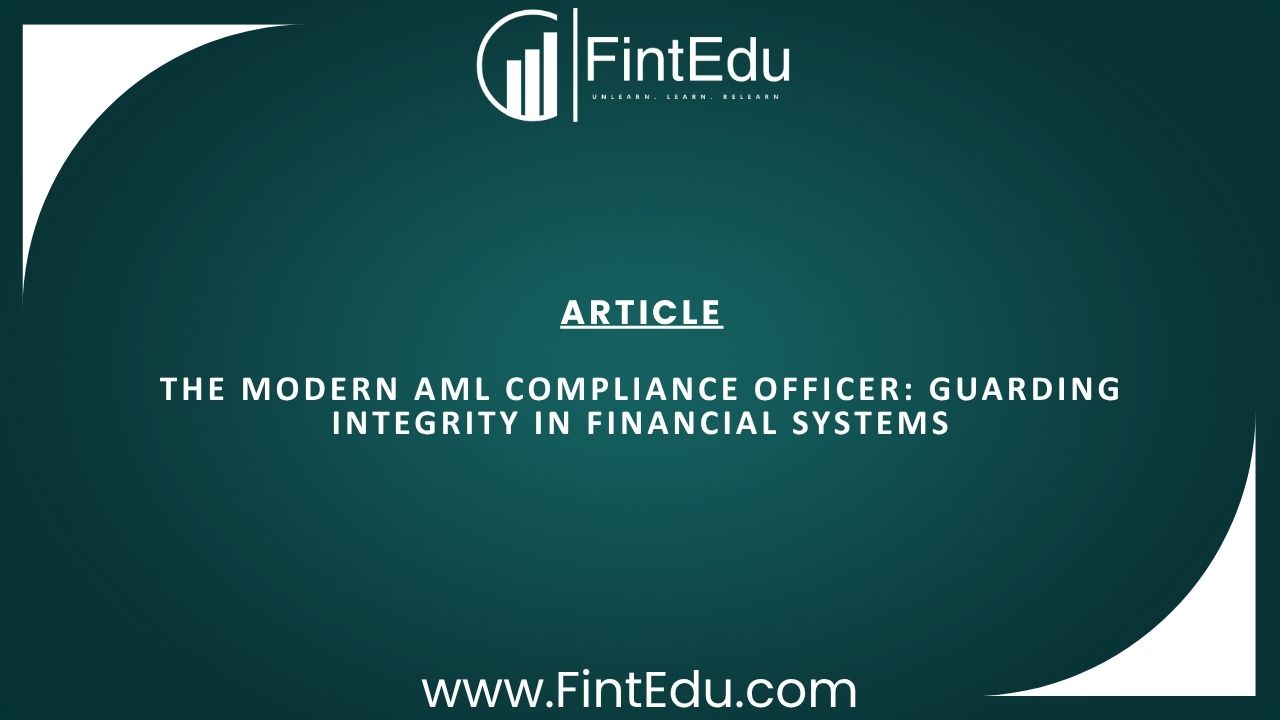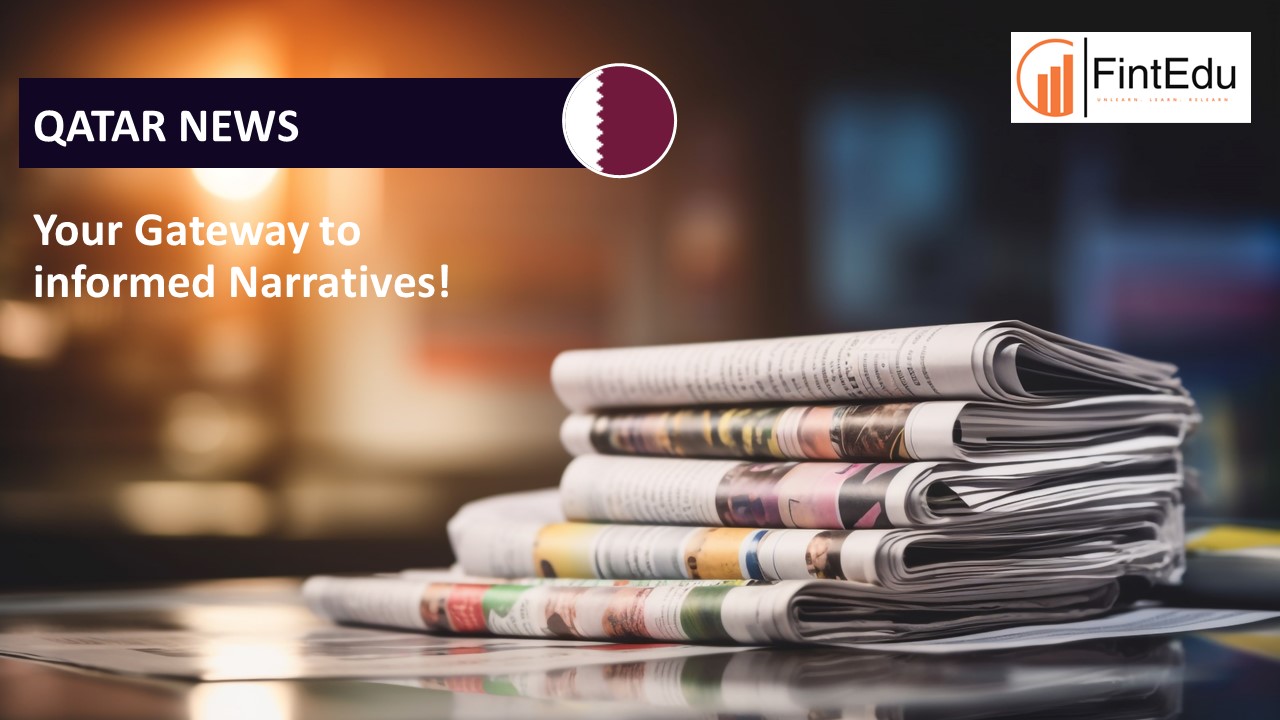Qatar, 27 July, 2024 : Qatar is reinforcing its global leadership in the energy sector while expanding diversification efforts to boost non-hydrocarbon economic growth. The country aims to create an investor-friendly environment to encourage entrepreneurship, attract foreign investment, and enhance local company competitiveness.
Peter Kaznacheev, Principal at Arthur D Little, spoke to The Peninsula about Qatar’s resilient non-energy sector and its potential for future growth. He highlighted Qatar’s Third National Development Strategy (NDS3), which targets a 4% increase in non-hydrocarbon GDP. Kaznacheev emphasized three key products—aluminium, steel, and ammonia—as critical for achieving this target due to Qatar’s cost-efficient gas and strong global demand for these commodities.
The GCC, leveraging its energy advantage, now accounts for about 10% of global aluminium production, exporting to over 65 countries. By focusing on low-carbon aluminium, Qatar can further reduce its carbon footprint.
Kaznacheev also noted that while Qatar’s recent decision to reduce service fees by up to 90% enhances investment appeal, high labour costs for white-collar jobs remain a challenge. The Qatari government is addressing this with investor-friendly policies, including low tax rates.
Under Qatar’s National Vision 2030, several strategic initiatives are in place to diversify the economy and attract foreign direct investment, including the Qatar Financial Centre (QFC), Qatar Science and Technology Park (QSTP), and free zones like Ras Bufontas and Umm Alhoul, which offer zero-tax environments.
NDS3 targets nine sectoral clusters—digital services, tourism, logistics, and education—to drive economic diversification. The strategy aims to increase non-hydrocarbon government revenues through enhanced tax administration and efficient public expenditure.
Qatar is also working on a medium-term fiscal framework and programme-based budgeting to better align planning and budgeting processes, ensuring a sustainable fiscal budget and effective public spending.
Source : www.zawya.com
Related Posts

Anti-Money Laundering (AML) in the UAE is a core component of the country’s financial and economic...
Read More
In an era where financial transactions occur at the speed of light, the role of an Anti-Money Launde...
Read More
@@PLUGINFILE@@/ttsmaker-file-2025-11-13-12-36-37.mp3Listen to this ArticleIn today’s business envi...
Read More